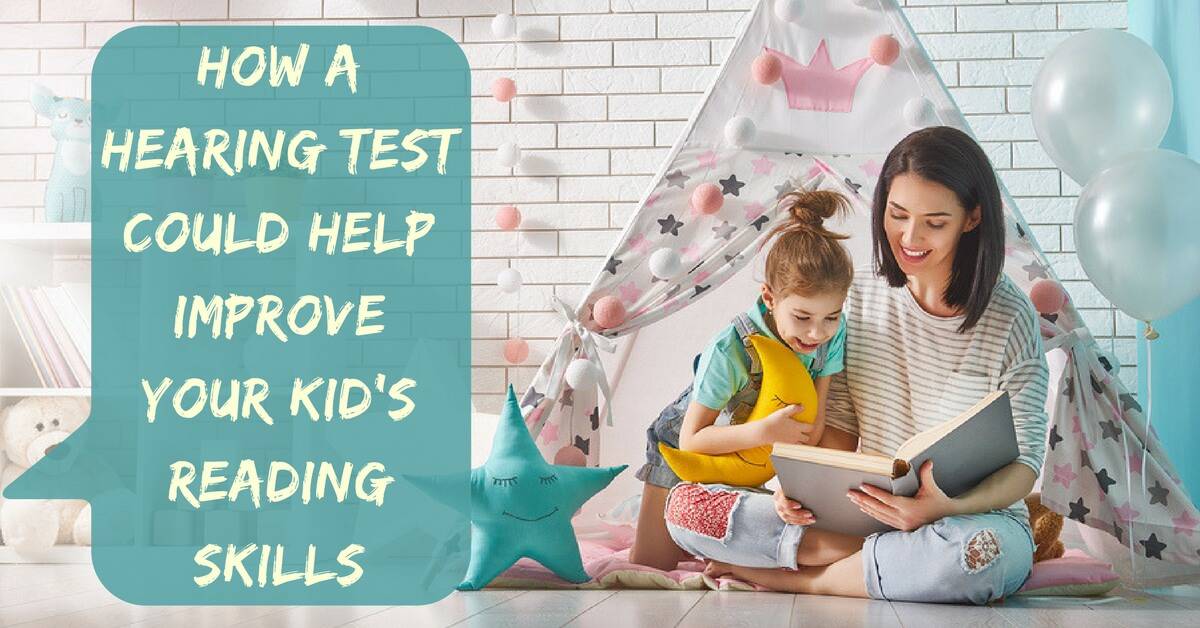When a child is struggling to maintain pace with their classmates, parents and close adults are tasked with getting to the bottom of the problem. A recent study found that undiagnosed hearing loss might be the unsuspecting culprit. Conducted out of Coventry University in the United Kingdom, the results determined that there was a connection between cases of undiagnosed hearing loss and children with dyslexia.
Study author Helen Breadmore suggests that undetected mild hearing loss makes accessing the curriculum presented more difficult, adding that “current health screening procedures are not picking up these children, and we would advise that children have their hearing tested in more detail and more often.”
Children with hearing loss
Approximately one in one thousand babies have hearing loss present at birth, often a result of congenital disorders. This is detected by the routine exams given by hospitals. However, there are other ways for children to acquire a degree of hearing loss as they age despite being born with healthy hearing, including:
- A perforated eardrum
- Infections like meningitis, measles, mumps or whooping cough
- Taking ototoxic medications
- A serious head injury or trauma
- Exposure to loud noise, causing noise-induced hearing loss
- Untreated or frequent ear infections
- Exposure to secondhand smoke
- Otosclerosis or Meniere’s diseases
Difficult to diagnose
Hearing loss is difficult to self-diagnose, even in older adult populations that are routinely warned about a propensity for this condition. This is because hearing loss is often a very gradual condition that presents itself in subtle ways. Instead of an overall lowering of volume, high frequency sounds are often missing and sound becomes distorted. It might just seem as though people need to speak up or better annunciate when in fact hearing loss is at play.
This is even more difficult to ascertain in children when relying upon self-reporting of their experience. These little people have much fewer in the way of back pocket experiences to measure their current reality against. They are more likely to assume that the way they are hearing is the way that they are supposed to be hearing, remaining silent and unnoticed.
Scholastic success as a habit
Any childhood education expert will tell you that changing the trajectory of a student’s career is difficult, though not impossible. Once a child receives a label of slow or latent reader, it’s a hard one to remove. Diagnosing hearing loss as an obstacle in learning early on in the process is one way to undo any unwanted damage to the student’s expectation of their own abilities.
The impact on social behavior
The impact of undiagnosed or untreated hearing loss in children can be significant. It is a condition that encourages social isolation, increasingly important when we’re talking about a life stage in which social exploration is the highest priority task. Most of us can recall the trials and pitfalls of learning the relationship ropes. Adding the complication of hearing loss into the mix can leave children in confusion and without the confidence to fully engage in the social dynamic.
A drop in self esteem
Adults with hearing loss often report a loss of self-worth as a side effect of their hearing loss. The same goes for children, too. This may have to do with the fact that connection and conversation is unclear and difficult for them. They’re likely measuring their own progress with that of their peers and finding themselves lacking. All of this can take a toll on the fragile self-esteem of a youngster.
Easy to intervene
As suggested by this recent British study, a more detailed hearing test is a smart first step to take when reading difficulties arise. At the very least, hearing tests should be undertaken more often and more thoroughly than those put in place by the education system. Detecting more subtle degrees of hearing loss may be the difference between a bright and vivid educational career and one that is muted.
Of course, once a reliable diagnosis is attained, treatment is easy to put into place. At the very least, the kernel of the problem can be understood and addressed. Today’s hearing aids are smaller and mightier than ever before, so that mild hearing loss is easily and effectively treated. At Desert Valley Audiology, we are proud to provide hearing health care for the entire family. If you are concerned that your child may be experiencing a hearing loss, contact us today.

